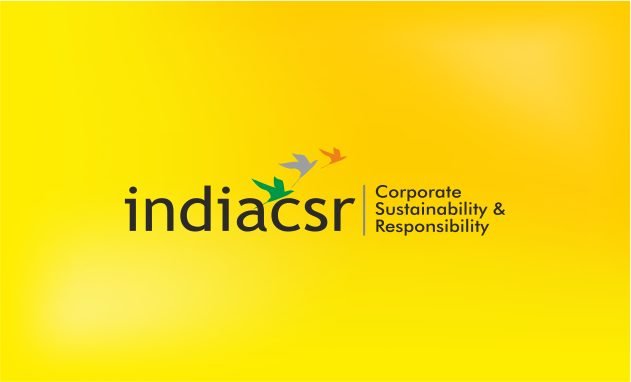MUMBAI: The Forward Markets Commission (FMC) is working on market-related corporate governance norms for the spot exchanges. corporate governance Official sources explained that this would form part of the guidelines FMC was preparing for granting exemption to spot exchanges from the Forward Contracts Regulation Act (FCRA) while undertaking one-day futures and intra-day netting.
“Now this exemption to spot exchanges is given under Section 27 of FCRA on a case to case basis. We are in the process of coming out with detailed guidelines, wherein spot exchanges can conduct one-day contract trading and this will not attract provisions of FCRA, thus exempting them from governance of FMC, provided they satisfy certain norms which will be laid out by FMC soon,” said the official.
Usually, spot exchanges are governed by the state government or a state government-run Agricultural Produce Marketing Committee (APMC), where trades expire followed by delivery of the commodity. FMC comes in when these exchanges need an exemption to conduct trading of contracts with one-day expiry, which results in intra-day netting (settlement during the day).
This settlement does not necessitate delivery of goods but is netted through cash. Whenever a contract is settled in cash, it attracts the provision of FCRA. “We would like to ensure the exchanges which are seeking this exemption are well governed,”said officials. They further explained that market-elated governance would require laying down norms of eligibility and net worth terms of broker-members, criteria of the members, their other businesses, transparency of trades and clients, nature of contracts based on demand and supply, etc. All this is to check who is trading, what is being traded and that there is no conflict of interest in futures trading with any other related businesses.
Officials said the bigger objective of the measure is to drive the spot exchanges to become catalysts of growth in the commodity business, since they maintain various linkages from the farmer to the end user. They are linked with farmers, warehouses, banks, retailers, exporters and various other end-users. However the linkage is not very strong due to the infrastructure bottleneck and the farmer today gets only 25-30 per cent of the market realisation of the produce.
Also Read: Caring and serving people is key to development, Says Rusen Kumar
“The idea is to maximise this realisation of the produce to the farmer and the most ideal situation is when the farmer gets to negotiate the price of the produce with the end-user directly. With this objective as the goal, the entire exercise can start with spot exchanges playing an important role in the value chain,” explained the official.
(BS, Anindita Dey – Mumbai )






















